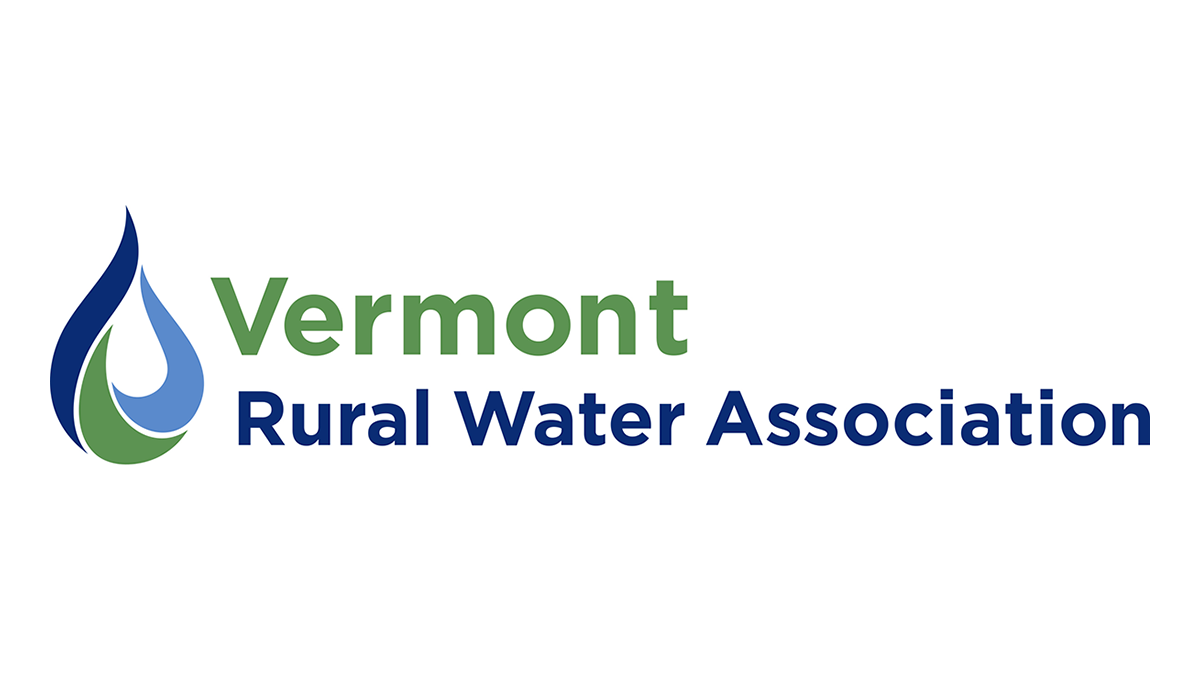Diana Butler recently left the Vermont Rural Water Association after five years as a Water System Specialist and Source Protection Specialist. She helped countless water systems with things like inspecting wells with a specialized camera, writing and updating source protection plans, and providing endless encouragement and enthusiasm. Diana helped organize last year’s Water Professionals Appreciation Day, a first-of-its kind celebration of our industry. We at Vermont Rural Water are sad to see her go and will miss her dearly!
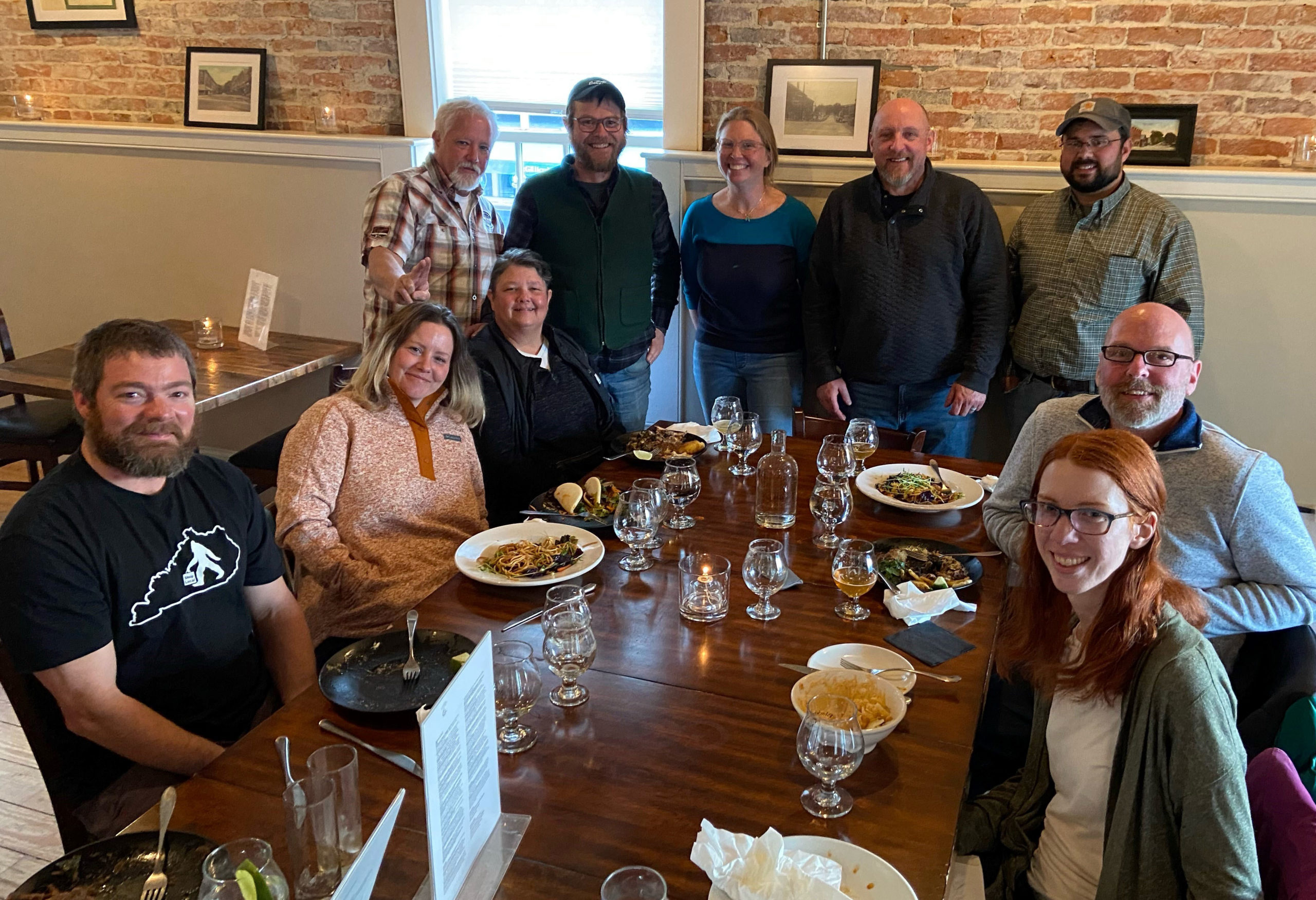
Vermont Rural Water’s staff at a farewell party for Diana
How did you get started in the water industry?
I had been working at the Kentucky Public Health Laboratory, testing for viruses like influenza and rabies. It was a lot of hours behind glass in the lab. I decided that I wanted to try field work and applied for a position with Kentucky Division of Water doing permit inspections at water and wastewater facilities, so that was my first job in water.
My husband and I moved to Vermont in 2007 with our 4 dogs, 8 cats, and 3 pot bellied pigs. My first jobs in Vermont included picking grapes at a vineyard on the Champlain islands and reading meters for an electric company. In April 2008, I started working at Champlain Water District as a water quality specialist and back-up operator. I worked in the lab, worked on chemical feed systems, did sampling, and assisted with various other projects. That was a fun job!
When my dad passed away in 2011 we decided to move back to Kentucky. I went back to working at the Public Health Lab. But we had fallen in love with Vermont so we packed up again and came back in 2015. I started at Vermont Rural Water in 2017, providing technical assistance to small water systems. In 2019 I transitioned to the source water protection program.
I have done a lot of jobs. We only have this one lifetime and I want to learn everything and do everything!
What are you most proud of?
I like hearing the results of our work and seeing that we actually helped a system. I got a down-well camera in 2019 so I could help systems inspect their wells when they are experiencing problems. I thought it could potentially save them money. It’s been helpful for systems to see inside the well and decide if there’s a way to rehab the well or if they need to find a new water source.
We were able to use the well camera to inspect many of the first public water system wells impacted by PFAS. I believe that information was very helpful not only to the water systems but also to Vermont’s Drinking Water and Groundwater Protection Division (DWGPD).
I’ve seen some crazy stuff with the well camera, like pliers and sample bottles that were accidentally dropped in there who-knows-how-long-ago! And quite a few “unidentifiable objects.”
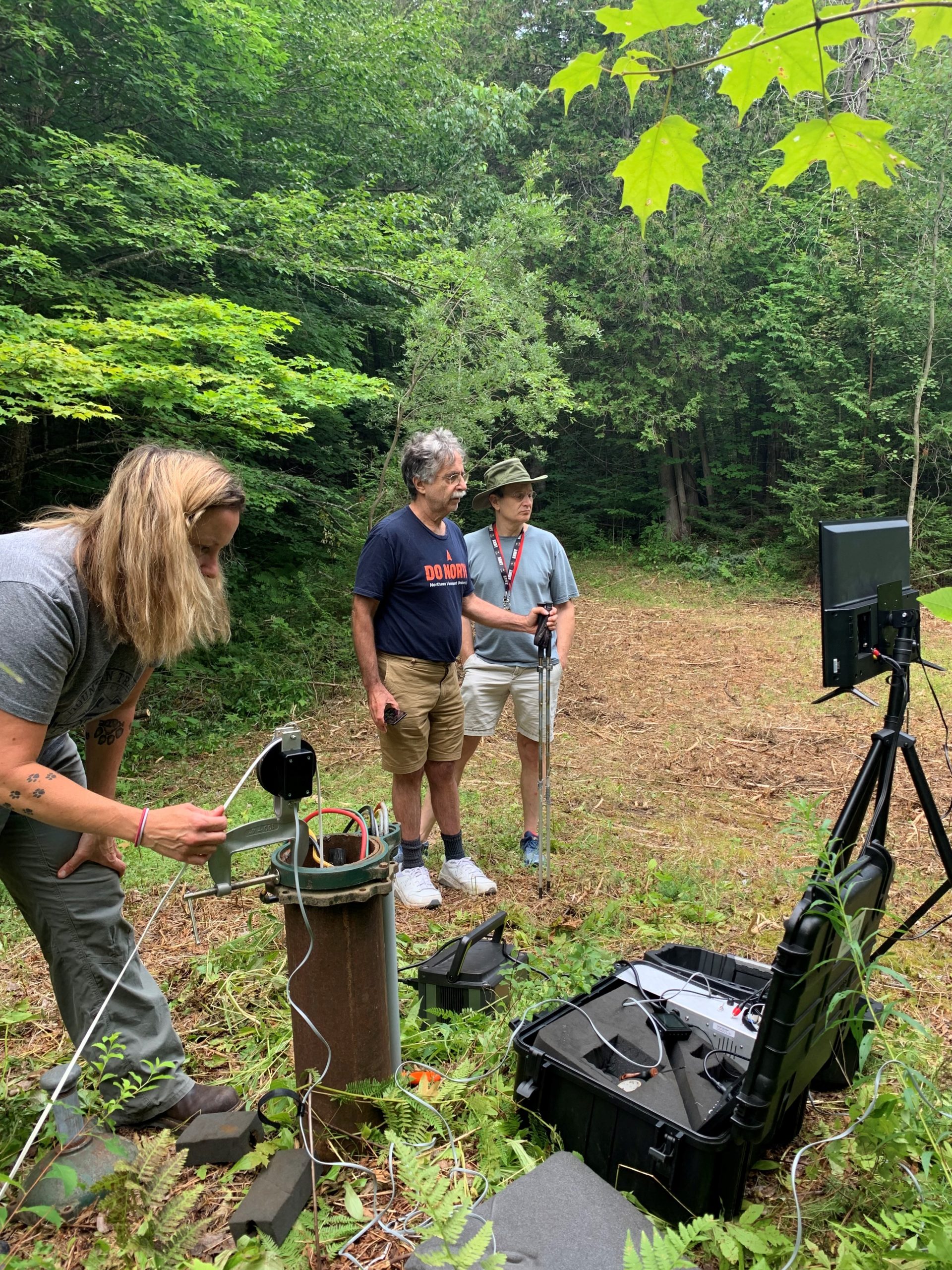
Diana Butler with a down-well camera at Peacham Fire District #1. System personnel watch the camera’s feed on a video monitor.
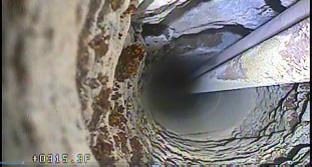
Photo taken with a down-well camera.
What has changed in the water industry since you started?
When I was doing inspections in early 2000s, it was hard for a young female to show up at a system and be taken seriously. It has gotten better for females, but there’s still a ways to go.
Do you have any advice for new operators?
Always expect that things will change. Regulations will change, things at your system will change. Complacency won’t work. Hang in there!
What’s next for you?
I’m retired from water! I’m going to put my energy and focus into wildlife rehabilitation. I’m excited to have something new. I am working with infant raccoons and skunks this season and hope to work with bats in the future. There are only a few rehabbers in Vermont that can work with “rabies vector species” (skunks, raccoons, foxes, and bats), so there is a huge need for it.
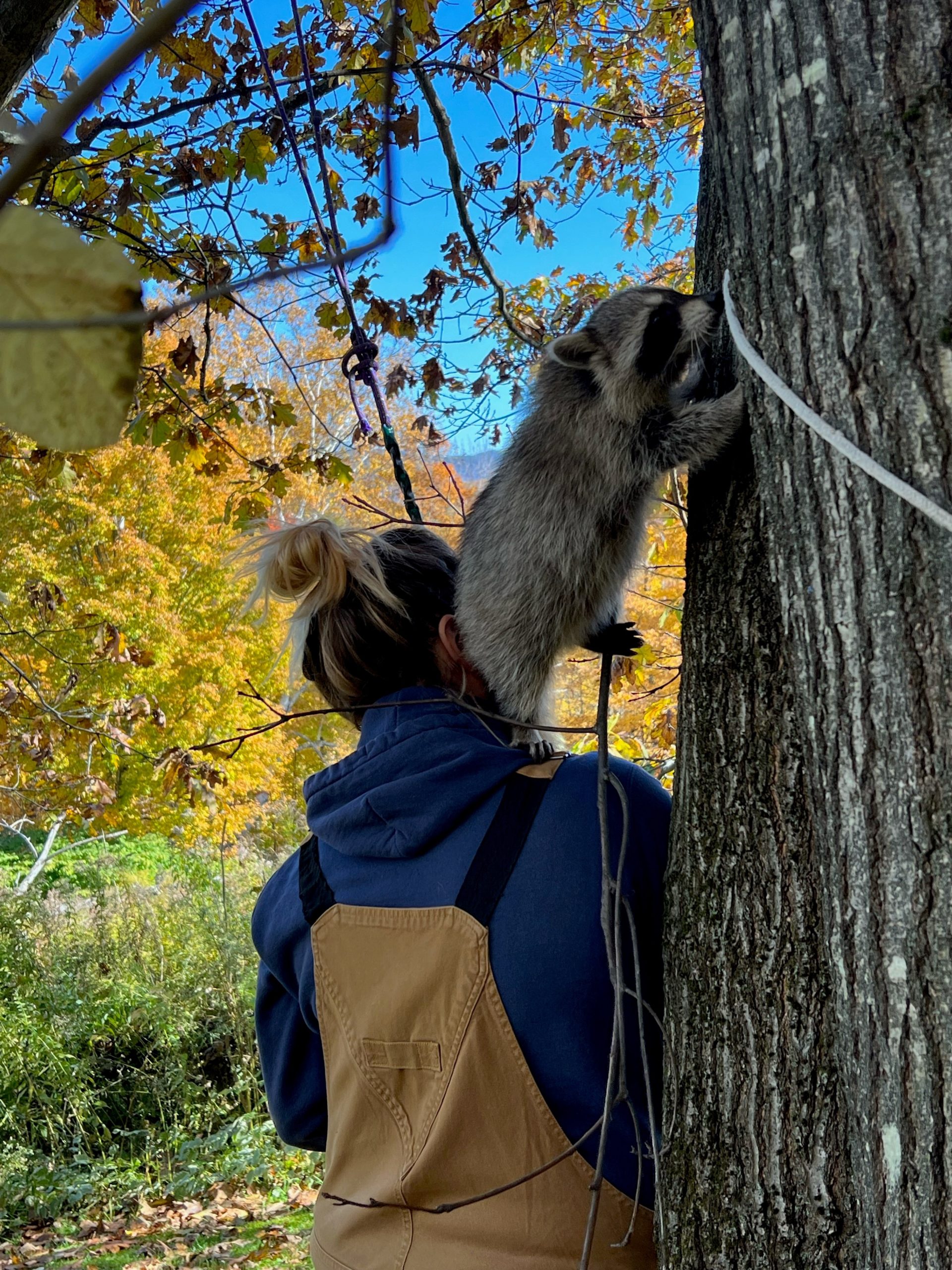
Diana with a young raccoon
Thank you, Diana, and to all of Vermont’s water and wastewater heroes who perform essential services to protect the health and environment of our communities!
Do you know a Water Hero who should be featured here? Email info@vtruralwater.org

